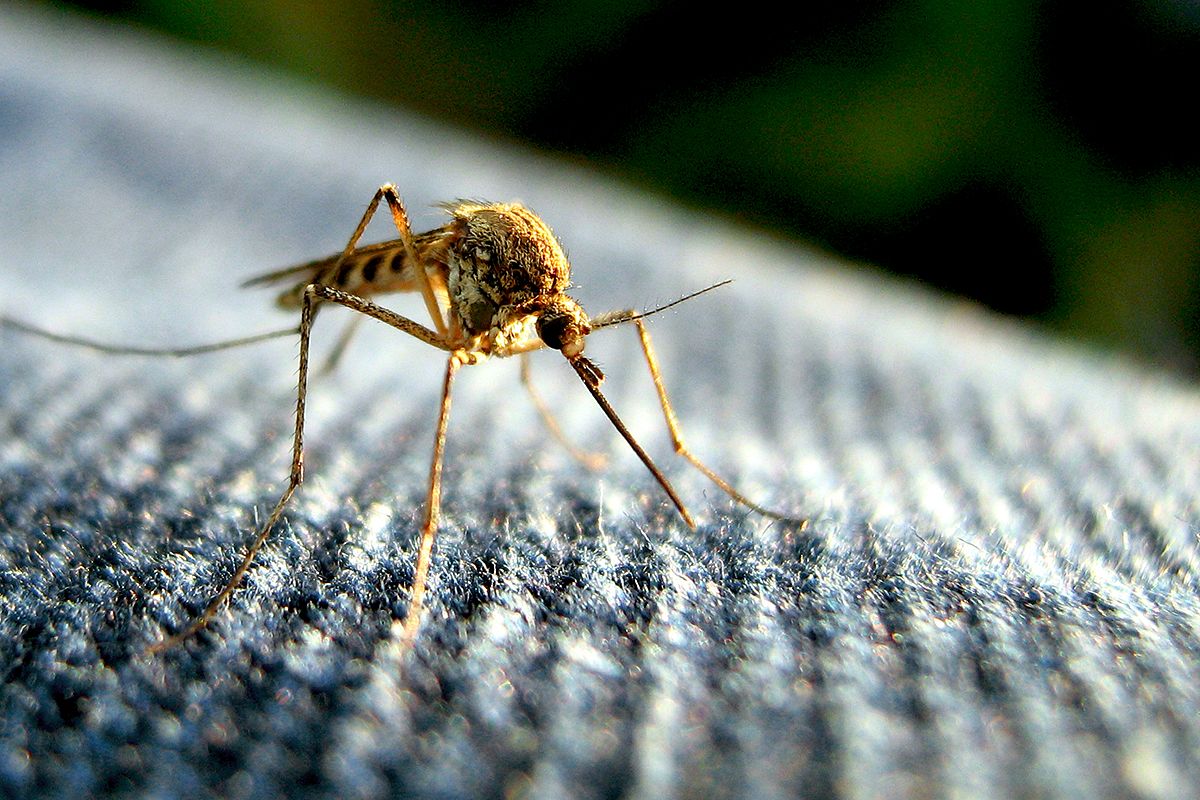With many urban Vietnamese waiting longer to get married, the country’s younger generations are recognizing the need to open up about sex education in the conservative country.
Vietnam is changing in many ways by the day, not just in visible terms like skyscrapers and metro lines but in its social attitudes – think greater acceptance of the LGBTQ community – but bring up sex in a public discussion and the conversation is still likely to go quiet.
“[My foreign friends are] quite open about that but, with my Vietnamese friends, they’re still a little bit reserved when talking about sex,” Phy Nguyen-Phan, a 25-year-old event planner, tells Saigoneer. “They’re like ‘Oh my god, why do you want to talk about it? Why do you want to know?’”
During our conversation in a downtown cafe, Nguyen-Phan speaks frankly about her own experience learning about safe sex, an education pieced together from magazine articles and Google searches. Over the course of a couple weeks, Nguyen-Phan and the other women I speak to – all in their twenties, all college graduates, some foreign-educated – show varying levels of both knowledge and comfort on the topic. Some answers are clear and direct; others are delivered in whispers.
While open conversations about sex – particularly with a stranger – are not exactly normal in any country, the silence surrounding this topic masks a larger issue in Vietnam: most young people aren’t learning about safe sex from a reliable source.
This certainly isn’t a problem unique to Vietnam – the small Midwestern American town where I grew up endorsed abstinence as the only true form of birth control – however with a young population and one of the highest abortion rates in the world, the need for proper sex education in Vietnam is dire.
Saigon native Phung*, 25, remembers the sole sex education class of her public school education. When she was in eighth grade, Phung and her female classmates were called into a large hall where, over the course of about 45 minutes, a group of teachers explained the finer points of female biology, sexual intercourse and, briefly, contraception. In later years, another teacher would again scratch the surface of sex education at the international high school she attended, but it wasn’t exactly thorough: Phung’s cousin in America had briefed her on what took place in these classes overseas, and the Vietnamese version was markedly different.
“The school expects students to learn it from the internet, and parents expect us to learn from school, so nobody really talks about [sex] to inform the young kids,” she explains. “I’m not sure about the younger kids right now, but for my generation we should have known [about safe sex].”

With schools hesitant to touch upon sex education and most parents avoiding the topic altogether, young people like Phung and Nguyen-Phan are often left to their own devices. This self-education may be better than nothing at all, however it can also lead to gross misconceptions, according to Dr. Tran Thi Kim Nguyet, a gynecologist at Family Medical Practice.
“A large part of the problem is that it’s still hard to talk about this in our society: people want to use contraception, but many don’t even know how to obtain knowledge about it,” she explains. “While they may search online or ask friends, the lack of education and an embarrassment to talk openly about sex quite often means that they end up with the wrong information.”
As a result, Dr. Nguyet regularly sees patients who purchase over-the-counter contraceptives without knowing how to use them correctly: for instance, not realizing that oral contraceptives have to be taken every day and not just on days when you have sex. Other common misconceptions include the notion that condoms don’t need to be worn throughout intercourse and the use of abortion as a regular form of birth control.
Add to this misinformation a social stigma that extends beyond parents and classrooms: in Vietnamese society, sex before marriage is still considered taboo. As a result, family planning resources are widely accessible to married couples but less available to the young and unwed who, particularly in urban areas, are waiting longer to tie the knot than previous generations.
As a result, 26-year-old Chi*, who is in a long-term relationship, usually tells her gynecologist she is married to avoid a long-winded explanation about being sexually active out of wedlock. When she was 12 and her mother became pregnant, books and pamphlets on pregnancy and sexual health were all over Chi’s house. A bookish kid, Chi read everything she could find, sparing her mother the need for “the talk”. Years later, after completing her university studies in Singapore, Chi now sees the effects a lack of sex education has had on her peers.
“There is one thing that is quite popular in Vietnam…everybody knows this thing called the ‘morning after’ pill,” she explains. “In Vietnam, if you actually have an inkling of being worried that you will be pregnant, then you would [take the pill]. But people are not aware that the morning after pill, it’s not a common solution. It’s something for accidents but people here take it. I have talked with girls who take it four or five times a month.”

Infographic by Anh H.
To combat these unsafe practices, preparation combined with a shift in attitudes around both contraception and premarital sex are key to promoting safer choices.
“We’re not lacking anything in terms of availability,” Dr. Nguyet says of contraceptive methods. “I think the main barrier to progress in this area is to do with the mind. That’s the only thing that prevents people from taking action. They are too shy to learn about contraception, have it, buy it, use it or convince their partner to use it.”
The common 'don’t ask, don’t tell' policy between younger generations and their parents also contributes to unsafe practices, Chi points out.
“Kids that have both parents in the same city, when they get together they don’t have the space to have sex, and then they just do it quickly in a hotel. This is why people accidentally get pregnant,” she explains. “But people who come from provinces, when they come into the city they have a house, they move in together, and then they actually have time to prepare for all this.”
As more young people become aware of these issues and the government attempts to reconcile Vietnam’s conservative values with the growing need for sex education, progress is slowly happening. Condoms are now available in convenience stores throughout the city, and increasing acknowledgement of issues like teenage pregnancy is prompting public health officials to rethink sex education in Vietnam’s schools. Still, there is a long way to go in ensuring that members of Vietnam’s younger generation are armed with the knowledge they need to make smart decisions in the bedroom.
“I think Vietnamese people, generally they need to be more open about [sex education],” says Nguyen-Phan. “You don’t have to be so shy or embarrassed to talk about this. It’s kind of taboo here but it’s really, really necessary.”
*Due to the sensitivity of the topic, these women declined to use their full names.
Special thanks to Family Medical's Care1 facility for their assistance in researching for this article.














